Nature is amazing, nature is beautiful, but sometimes, nature can be downright disturbing. Deep down inside, no matter how cute an animal is, it’s still wild. From vampire butterflies to psychologically manipulative jungle cats (yes, you heard that correctly), the animal kingdom is, no pun intended, a truly wild place.
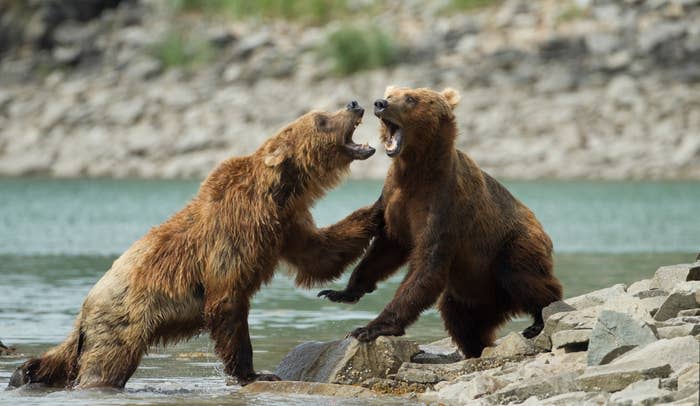

So, without further ado, here are 17 mildly terrifying facts I recently learned about adorable animals:
1.Female emperor penguins often kidnap (or chicknap, if you will) other penguins’ babies.
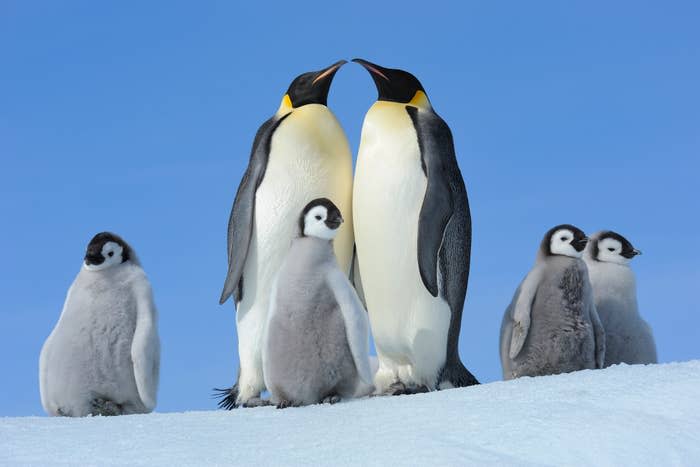

Studies have found that female emperor penguins who lose their eggs or chicks during breeding season still maintain a high level of prolactin, a hormone associated with parental behavior. The increase in this hormone and the lack of chicks to care for often lead a penguin to kidnap another’s chicks.
Raimund Linke / Getty Images
However, there’s not typically a happy ending for the kidnapped chick, as the kidnapper penguin will often lose interest within hours or days. Most kidnapped penguin chicks die from the cold or predation.
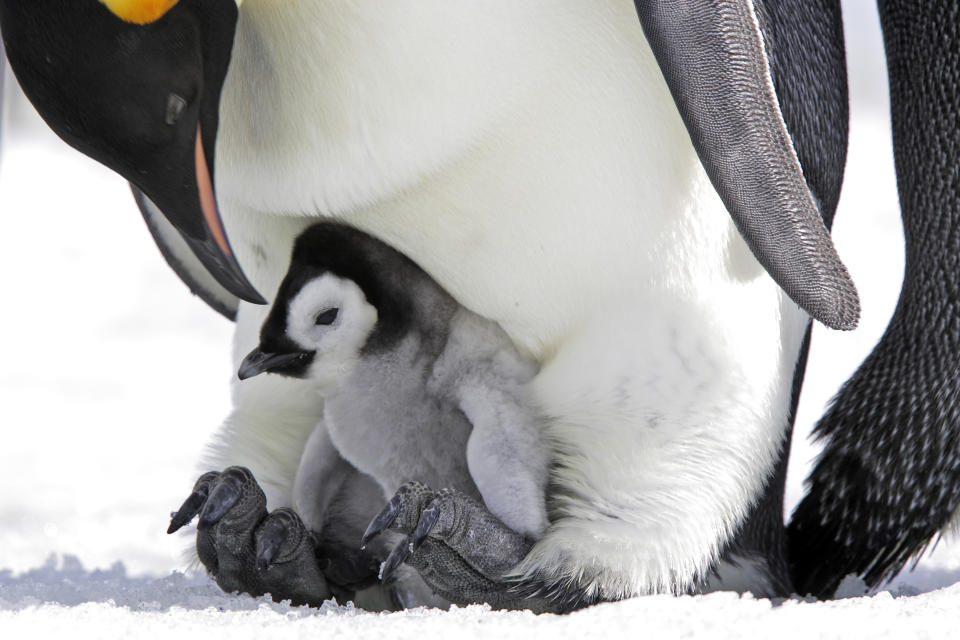

2.Who doesn’t love ladybugs? Apparently, other ladybugs. Some species of the insect are cannibalistic. The behavior is called intraguild predation and happens when the food supply is scarce.
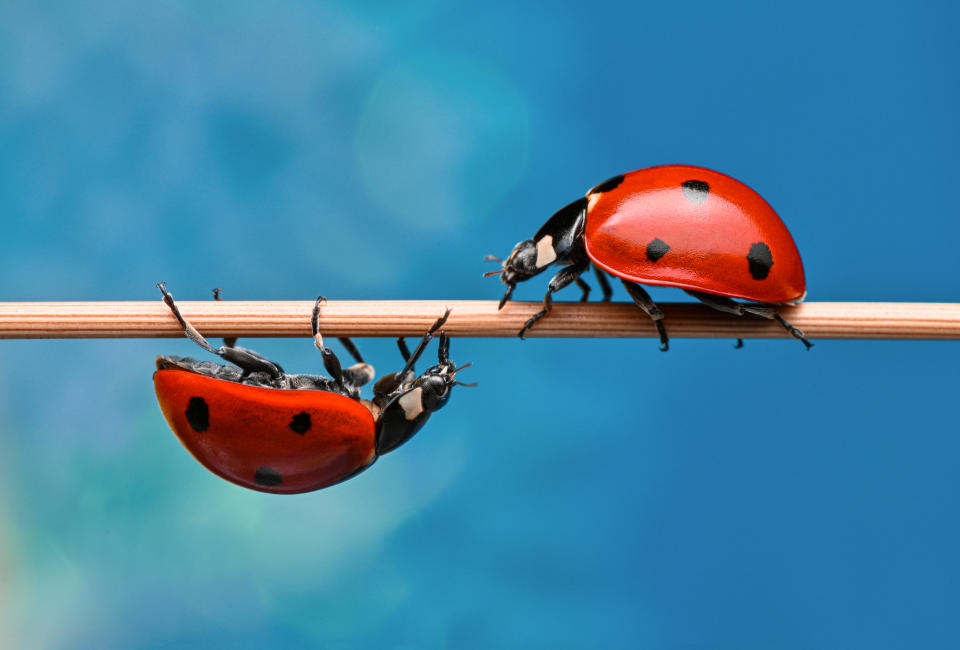

Ladybugs eat the eggs and larvae of other species as well as their own siblings. Research has shown that ladybugs that eat their unhatched family members develop faster than those that do not.
Tsvetan Ganev-CECLII via Getty Images
3.Ever wanted to snuggle a koala bear? You might want to think twice, considering the marsupials are currently experiencing a raging chlamydia outbreak.
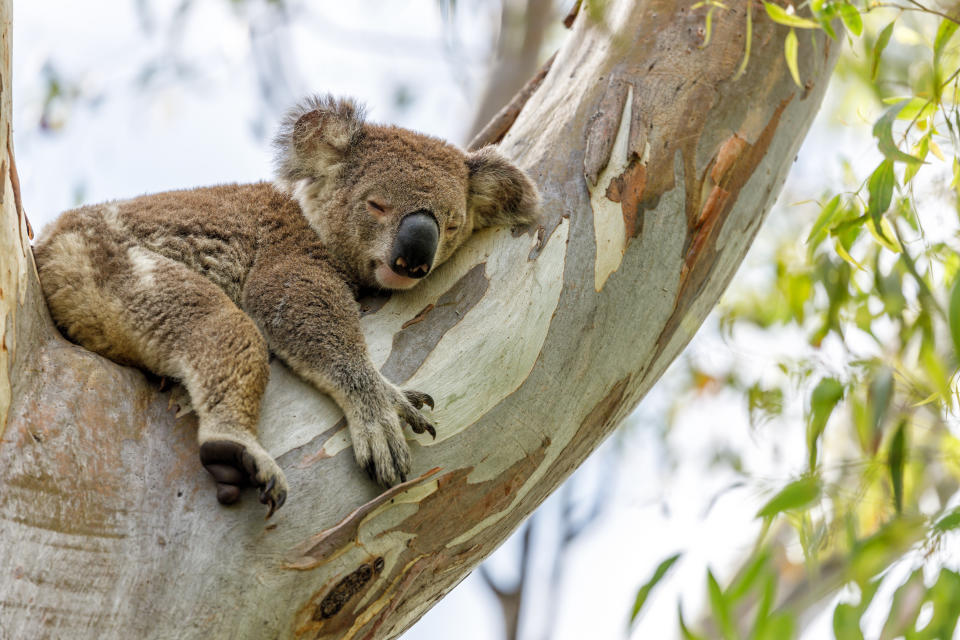

In a 2008 study in New South Wales, less than ten percent of koalas had Chlamydia. By 2023, that number had risen to around eighty percent. The origins of koalas catching Chlamydia, aka “Wet-Bottom Syndrome,” have never been fully proven. Still, scientists theorize the marsupials initially caught it in the eighteenth century after exposure to infected sheep and cattle feces.
Lianne B Loach via Getty Images
However, the STI now spreads sexually and is also passed from mother to joey. It is a significant threat to the koala population, which is already an endangered species. It has been estimated that the species could be extinct by 2050 if many problems, including the chlamydia outbreak, are not solved.
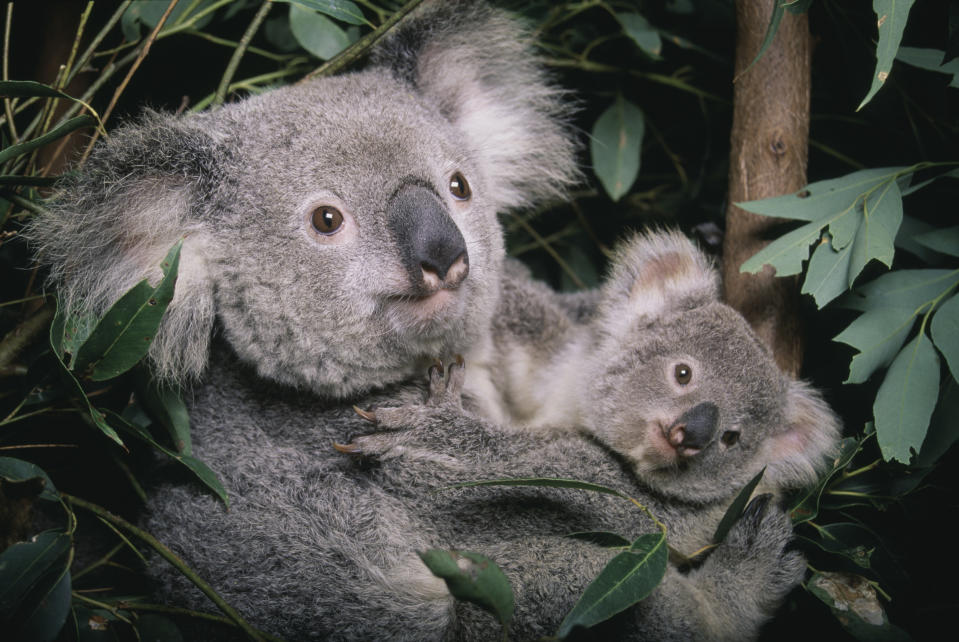

Luckily, scientists are working on an experimental Chlamydia vaccine and began vaccinating wild koalas in 2023 in hopes of stopping the epidemic.
John Giustina / Getty Images
4.Flipper lied to us all…Despite their adorable reputation, dolphins are actually considered among the biggest bullies of the sea. While they do many questionable things, one habit they are known for is torturing their prey.
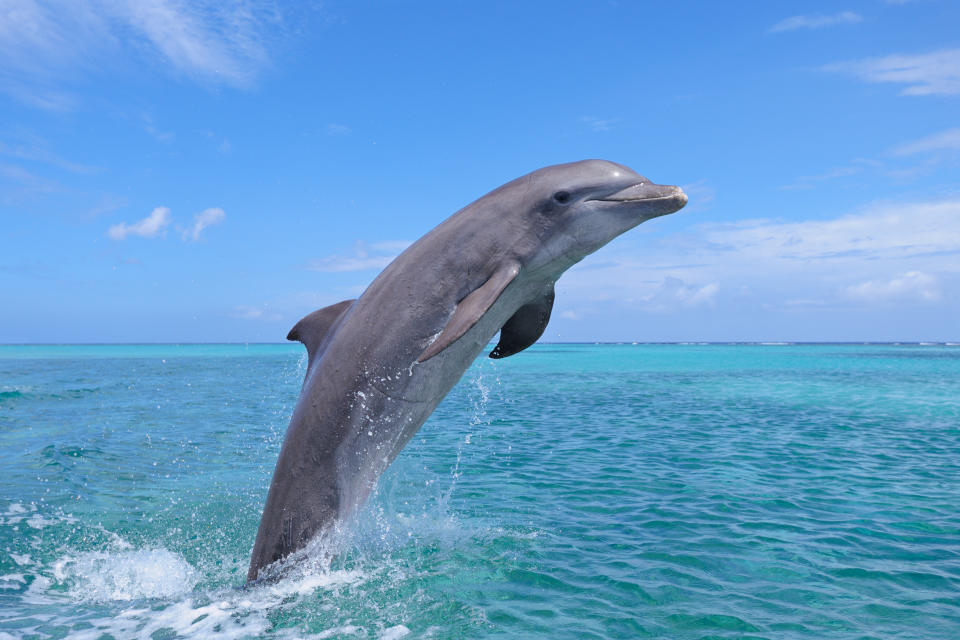

When catching smaller prey, dolphins generally gulp them up, but the larger the prey, the more dolphins like to “play” with their food. They have been spotted tossing seals, octopi, and other animals anywhere from twenty to eighty feet in the air before consuming them.
Westend61 via Getty Images
In some cases, this behavior is seen as a defense mechanism that allows dolphins to ensure their prey is limp and safe to swallow. Yet, the marine mammals have also been spotted flipping their food as a way to show off in front of their fellow dolphins or intimidate their rivals.
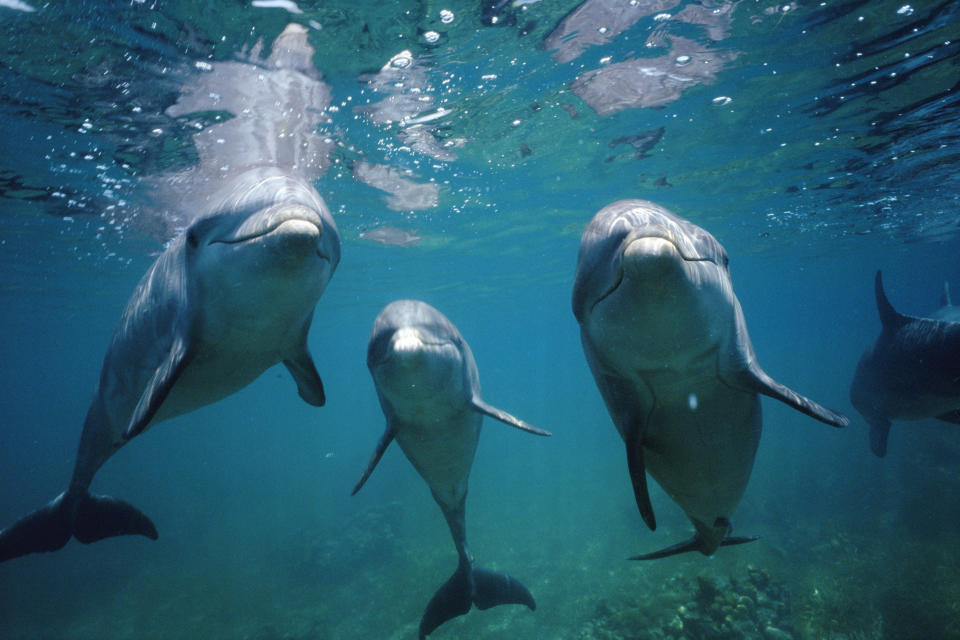

5.Mother kangaroos will often sacrifice their joeys, in an effort to save themselves or their other babies.
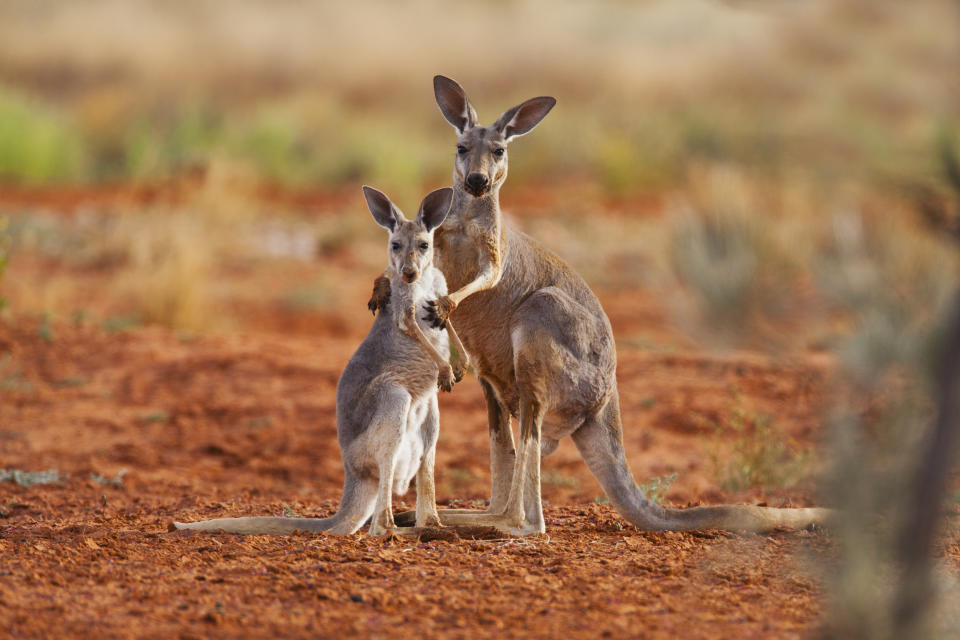

There are two instances in which a female kangaroo will sacrifice her young: if she is being pursued by predators or if the sacrifice of one joey will lead to a better outcome for the remaining babies. When a joey is used as bait, a mother kangaroo will “eject” it from her pouch and leave it behind for the predator so she can escape and eventually produce more young.
Jami Tarris / Getty Images
In the second instance, during periods of food scarcity or if a mother has multiple joeys at the same time, she will pick one to sacrifice in order to increase the others’ odds of survival.
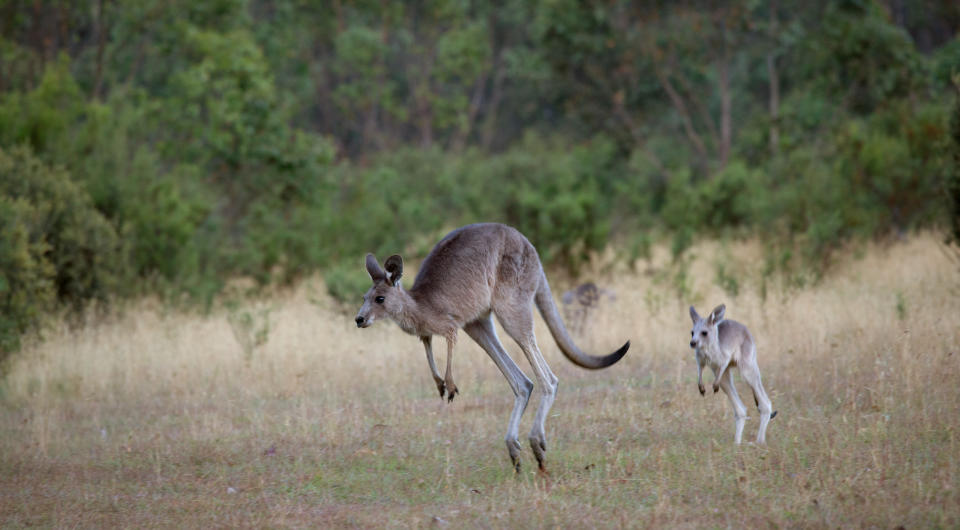

6.Have you ever noticed just how much dogs love squeaky toys? The squeak mimics the sound of distressed prey and allows domesticated dogs to tap into their natural hunting instincts.


The high-pitched sound triggers our canine pals’ prey drive and provides them with instant gratification. This is also why many dogs will not quit chewing on a toy until the squeaker goes silent, as only then do they feel that they have sufficiently “killed” their prey.
Petra Richli / Getty Images
7.Snails have anywhere between 1,000 and 25,000 razor-like teeth. The flexible band of microscopic teeth and jaw are called radula. The jaw is used to cut off large pieces of food, which is then scraped by the band of teeth.
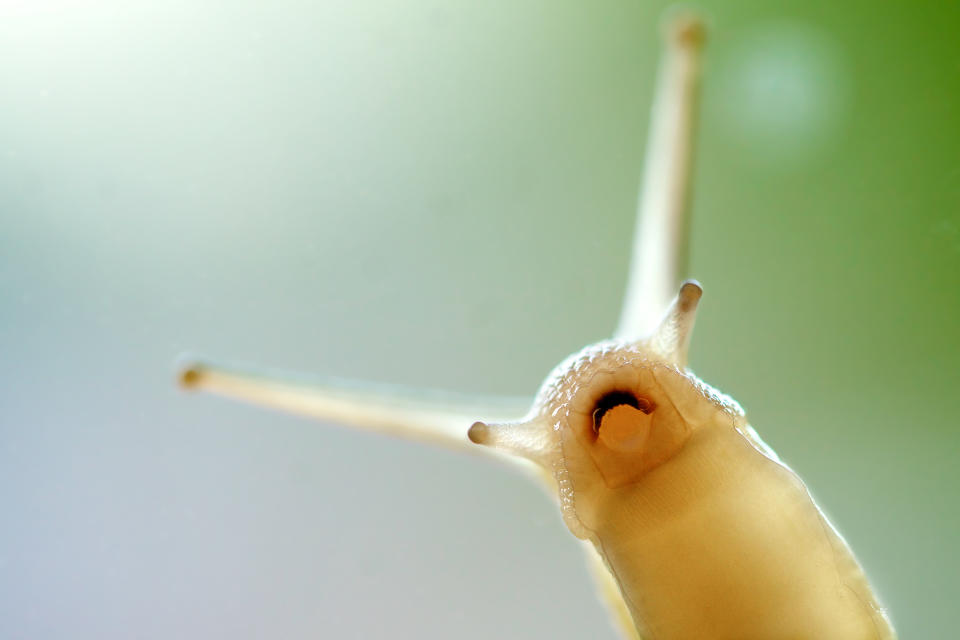

Don’t worry; the radula is not equipped to harm humans or other animals, as most snails are herbivorous. However, a few species of predatory snails use their radulae to kill and eat other animals. In these cases, radulae are used to paralyze prey or secrete an acidic solution to bore through other mollusks’ shells.
Markbridger / Getty Images
8.Pygmy slow lorises have poisonous elbows. The often illegally domesticated primate is equipped with glands on the inside of its elbows that create venom when mixed with saliva.
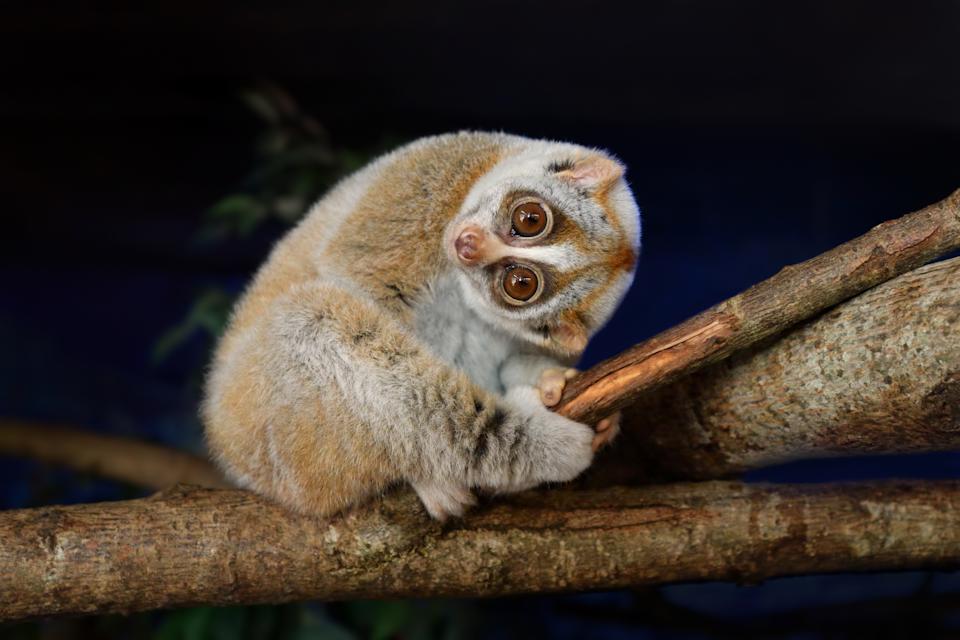

In times of distress, a slow loris raises its arms and licks the glands, coating its toothcomb with poison. When it bites another animal, the toxin automatically enters its rival’s bloodstream. Slow lorises have an extremely toxic venom that can incapacitate humans. They are known to be the only venomous primate and use their venom to defend themselves against predators and rivals.
Freder / Getty Images
9.If you asked most people what the most dangerous breed of bear was, they probably wouldn’t say a polar bear…even though it’s true. Often considered a cuddly wintertime creature, polar bears are more vicious than grizzlies.
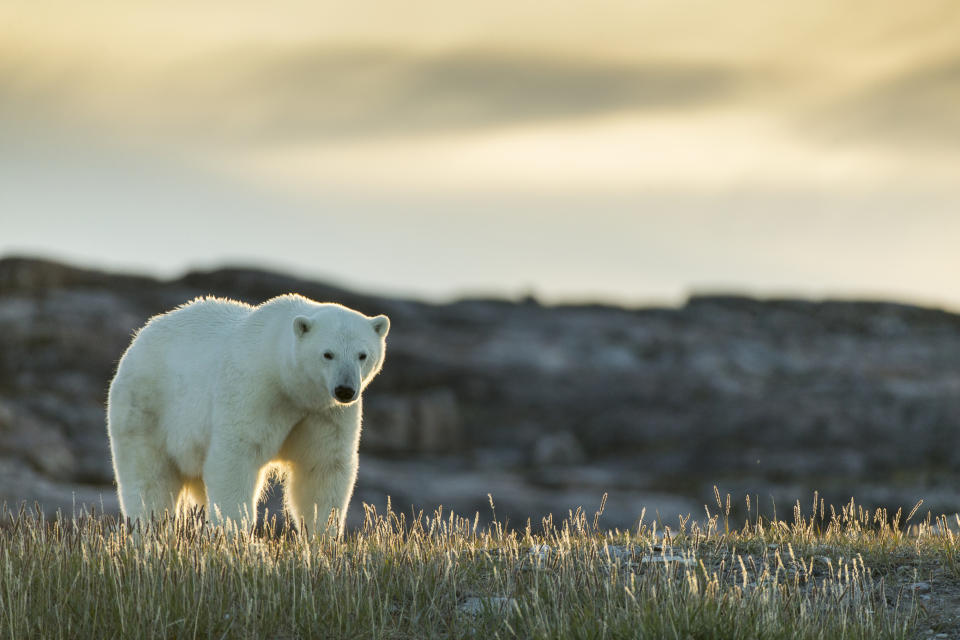

The apex predators are massive and can grow to be over ten feet tall with a bite force of 1,200 psi. Polar bears typically only attack when they feel as though they or their cubs are threatened. However, it can be noted that, unlike grizzlies, polar bears view humans as prey. They have been known to eat humans on a whim.
Paul Souders / Getty Images
10.Margays, aka tree ocelots, hunt using psychological manipulation. In order to secure prey, these jungle cats will use “aggressive mimicry” to imitate the sounds of their prey.
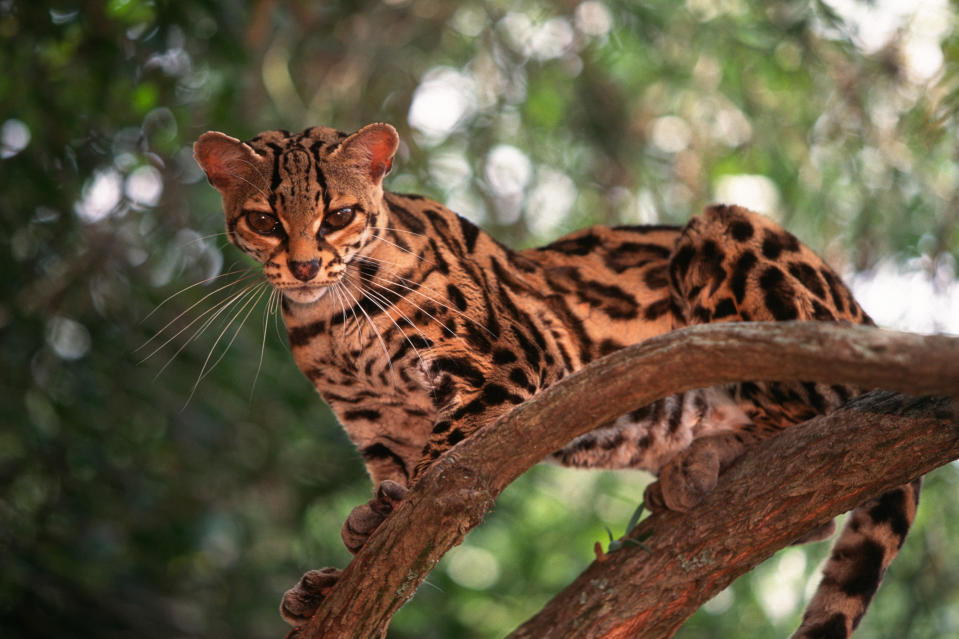

Researchers in the Amazon once discovered a margay mimicking the cry of an infant pied tamarin monkey. Although the cry was reported to be a poor imitation, the margay was convincing enough that several monkeys came to check on the distressed “infant.” According to National Geographic, it was the first documented instance of a jungle cat using vocal mimicry as a hunting tool.
Keith Szafranski via Getty Images
11.It’s not just a meme…Cows, on average, are responsible for more human deaths per year than sharks. Although generally docile, it is still best to remain cautious around the bovines, as they are easily spooked.
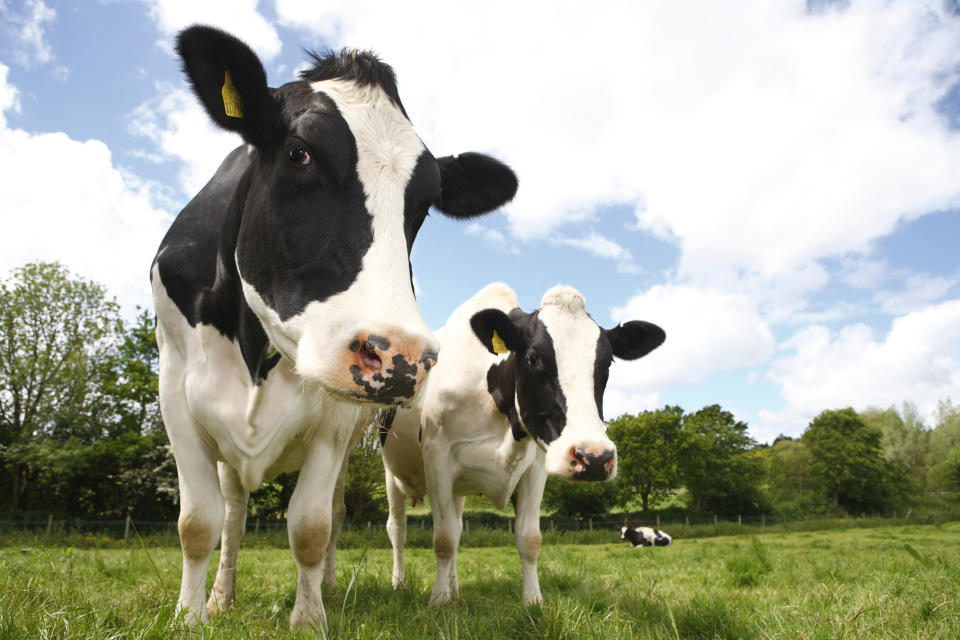

A study that took place from 2008 to 2015 found most cow-related fatalities had taken place when farmers had been gored or trampled. Deaths can also occur when joggers or cyclists enter a pasture or when a dog provokes an attack.
On average, it is estimated that cows are responsible for twenty-two deaths per year, while sharks are only estimated to cause five deaths in the same length of time.
Peter Cade / Getty Images
12.When times are tough, mice will eat literally anything…including other mice.
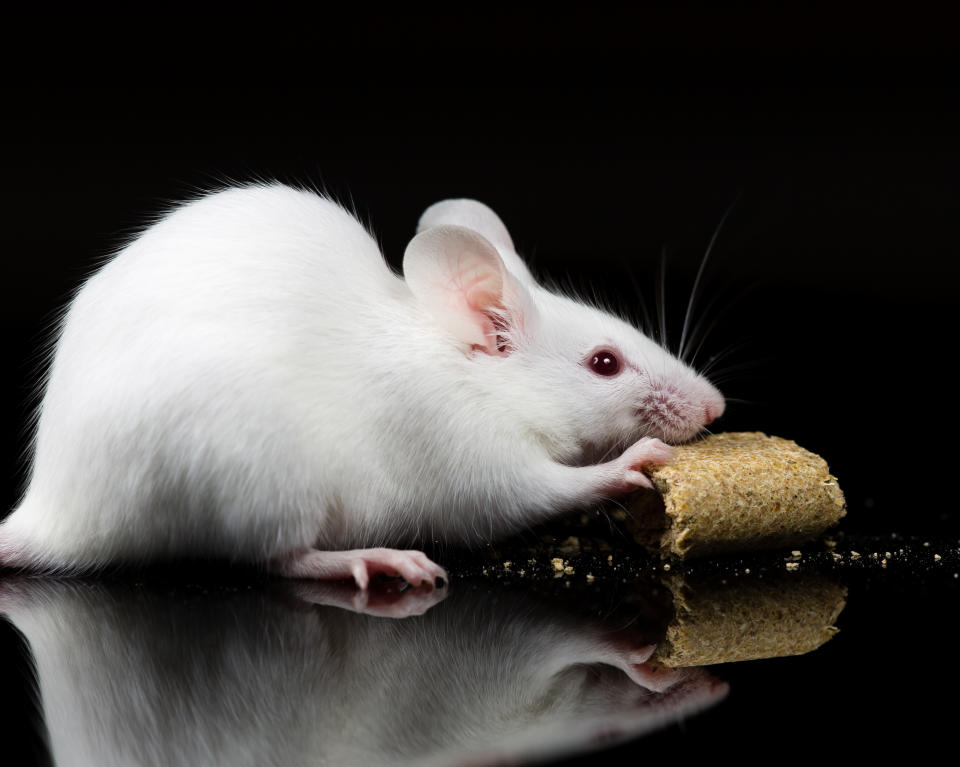

While the omnivorous rodents generally prefer nuts, seeds, or lean meat, they have been known to exhibit cannibalistic behavior, including eating their young and deceased mice. Sometimes, a mouse will eat a dead mouse to mask the smell of decay in an effort to ward off predators. However, these are extreme cases where the animals are typically under duress.
Georgejason / Getty Images/iStockphoto
13.Vampire butterflies? Some species of butterflies are known to drink blood, including sulfur butterflies and tiger swallowtails.


Blood contains glucose, sodium, amino acids, and many other nutrients that are essential for the survival of butterflies. It is thought that drinking blood helps them successfully reproduce. Not to worry, despite butterflies being opportunistic blood drinkers, they do not drink blood from humans, as they lack the piercing mouthparts that mosquitoes possess.
Klaus Vedfelt via Getty Images
14.Tasmanian devils fight so often that they are actually spreading contagious mouth cancer to each other. In 1996, scientists first discovered the transmissible cancer known as devil facial tumor disease (DFTD) in the northeastern region of Tasmania.
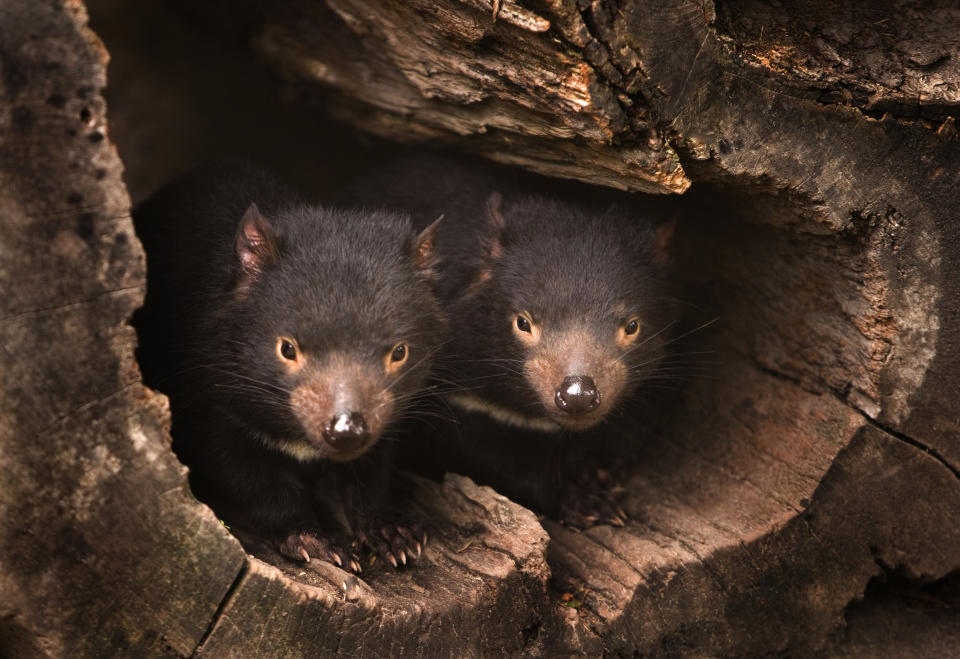

The marsupials frequently fight each other, either during mating season or over food. When the animals bite each other, cancer is transferred through their cells. DFTD has caused the Tasmanian devil population to decrease rapidly, from approximately 53,000 devils in 1996 to 16,900 just twenty-five years later. In 2016, scientists released thirty-three vaccinated devils into the wild to interact with a diseased population. All thirty-three developed an immune response to the vaccine, but the response was not protective.
Laurie Chamberlain / Getty Images
15.For much of the past century, beaver butt secretions were used in food and perfume to achieve a vanilla flavor or scent.
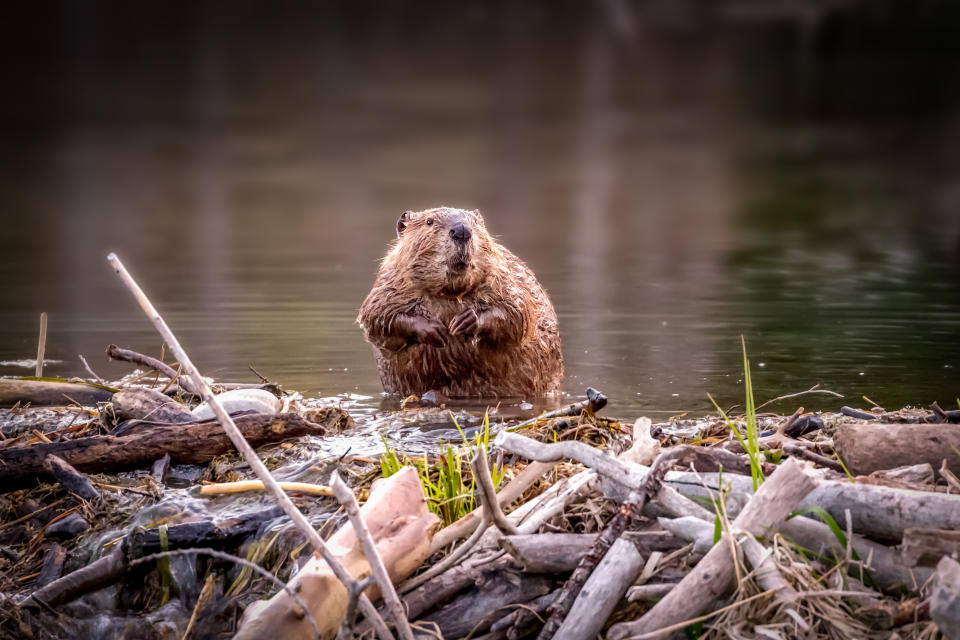

The FDA recognizes the secretion, known as castoreum, as “generally safe to eat.” However, it is rarely used in food today, and the World Wildlife Fund (WWF) successfully banned its usage in perfumes twenty years ago, as the beaver had to be killed to harvest the castoreum.
Troy Harrison / Getty Images
16.Cat scratch disease (CSD), more commonly known as cat scratch fever is a real disease that humans can catch through contact with an infected cat or kitten.
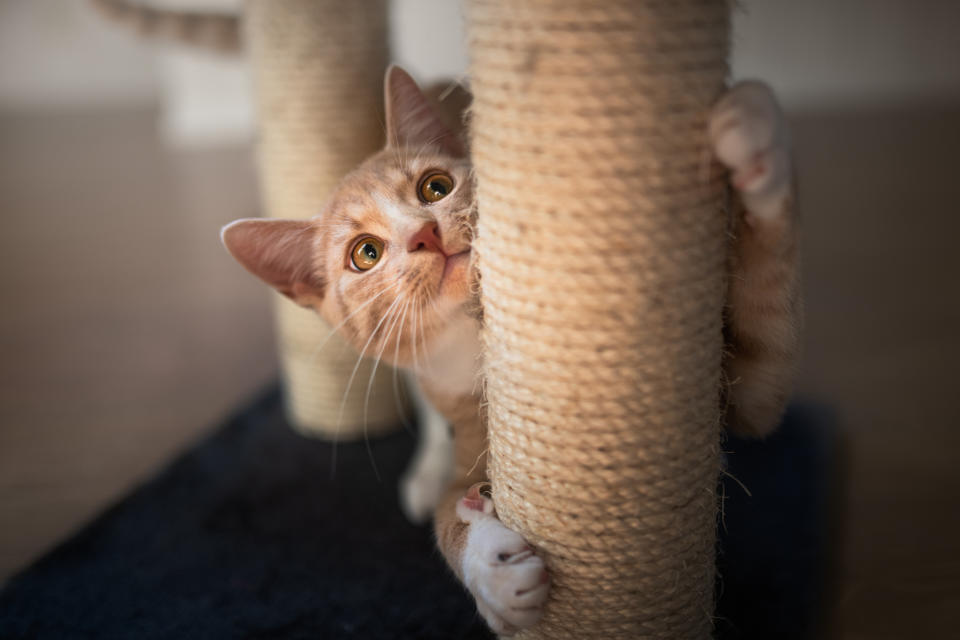

The disease, caused by the bacteria Bartonella henselae, is spread through bites and scratches. Most infected felines do not show any symptoms, so it is difficult to determine which cats can spread it. Kittens under the age of one are more likely to be carriers of the disease than adult cats; still, around forty percent of cats carry it. The disease mostly presents as redness, swelling, abdominal pain, and swollen lymph nodes in humans.
IzaLysonArts via Getty Images
17.And finally, otters just being themselves is disturbing enough. The marine mammals have been known to attack humans, assault baby seals, commit necrophilia, and hold other otters’ pups hostage for food.
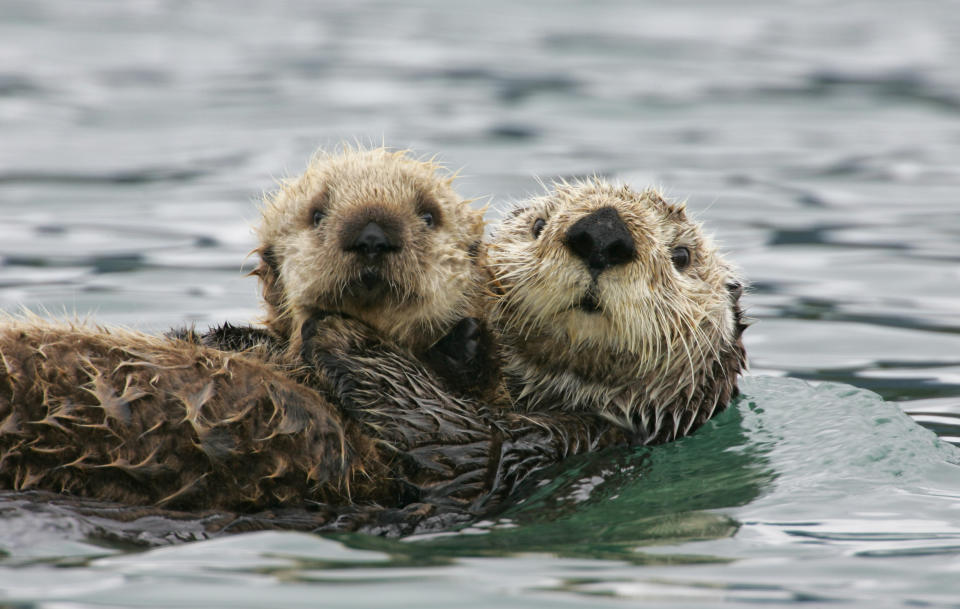

Simply put, the entire species belongs in a supermax prison.
Arthur Morris / Getty Images
Which one of these unnerving animal facts surprised you the most? Do you know any shocking facts about adorable animals? Let us know in the comments!
